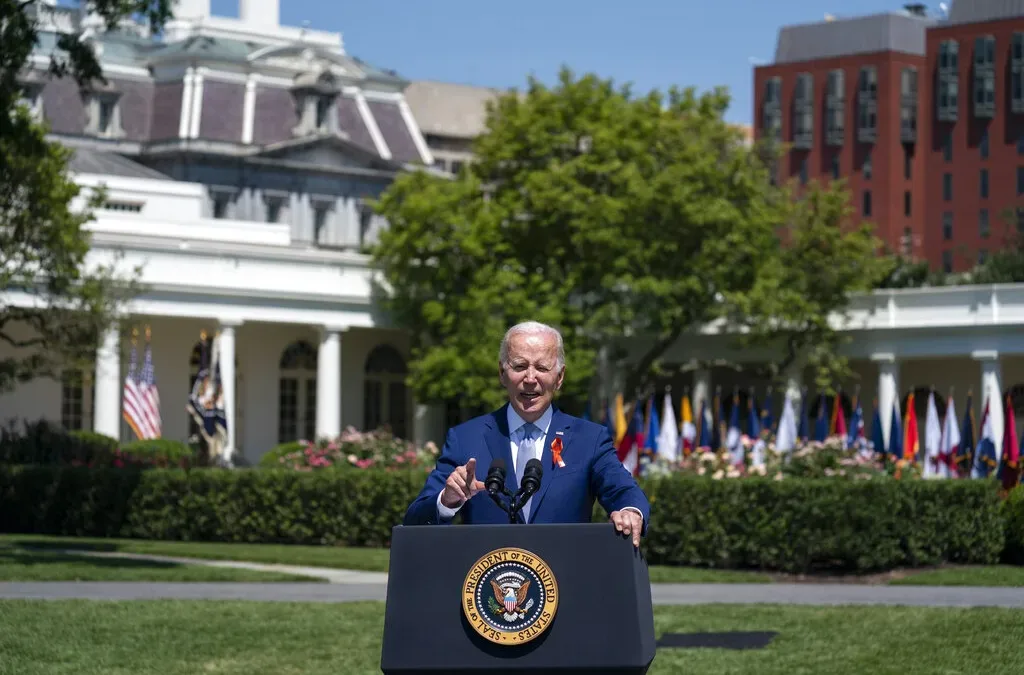
Yesterday a piece of legislation that would have reinstated the death penalty in Iowa advance after an initial hearing, but it appears to be dead for this session with a lack of support from key Republican committee members. Des Moines attorney John McCormally passed along to Starting Line the statement he had planned on making at the hearing (photo is from him at a different committee last year):
House Study Bill 569 would restore Capital Punishment for the first time since the 1960s. Its one of two bills working their way through the legislature aimed at bringing back executions. I offer this statement to register my strong personal opposition to the death penalty.
For several years, I prosecuted sexually violent predators on behalf of the State of Iowa. These are sex offenders with multiple convictions, and we call these guys “the worst of the worst.” I’ve sat with their victims as they’ve been forced to relive horrible things, and I’ve been enraged and horrified at the abuses those victims endured.
I can vividly recall a day I spent at the Newton prison, sitting in a tiny room with a pedophile with multiple victims, as he described the truly depraved things he did to a little girl the same age as my daughter. I felt a nearly uncontrollable urge to reach across the table, and choke the life out him. I wanted to exact justice for that little girl, and I wanted to do it with my own hands.
Of course I didn’t. That’s not how we do things in a civilized society. Especially when you’re a representative of the state.
The arguments against the death penalty are many. It costs more to execute people than to incarcerate them for life, thanks to the lengthy appeals process. Far more poor criminals are executed than rich ones, because the wealthy can afford better lawyers. The death penalty is racist, disproportionately applied against minority defendants. Study after study tells us that capital punishment has no deterrent effect on crime—probably because in order to be deterred by the prospect of execution you have to make a rational choice, and most murderers aren’t thinking rationally.
When it comes down to it, the only real argument in favor of the death penalty is vengeance–an eye for eye–the same biblical thirst for justice that I felt that day in Newton. As a former prosecutor, I know how it easy it can be to play on that desire for revenge. Put a cop killer or a child molester in front of any jury, and their anger and desire for vengeance will take over. Its human. We’re hardwired to desire justice. Our judicial system relies on people to carry out justice and juries are its greatest strength. But judges and juries are just people, and people are never perfect. Evidence gets lost. Prejudices blind us to facts. Emotions get the better of us. In a system that is inherently imperfect, we can’t have an absolute punishment.
State after state across the country has either repealed the death penalty, or enacted a moratorium on executions. Its flaws are too great, the costs are too high, the mistakes are too numerous. Around the world, the death penalty is increasingly rare. The countries that still carry out executions –Saudi Arabia, China, Iran – aren’t countries in whose company Iowa wants to be.
But its also just wrong. In the Sermon on the Mount, Jesus said, “You have heard that it was said, ‘Eye for eye, and tooth for tooth.’ But I tell you, do not resist an evil person. If anyone slaps you on the right cheek, turn to them the other cheek also.” Turn the other cheek is in fact a direct rebuke to the idea of an eye for eye.
Jesus himself rejected the death penalty– not because he was soft on crime, but because living in the light and love of God means rejecting those basic human impulses, like vengeance. Turn the other cheek doesn’t mean we should not punish the guilty, but it does mean that the notion of who should live and who should die is a concept that is beyond our human understanding and abilities.
Individually, our desire for vengeance makes us weak, but collectively– as a people, as a government, as a society–we can embrace a stronger notion of justice, one that recognizes our human failings and strengths. Faith teaches that in the end, God’s justice will be righteous and true. In the meantime, we can be comforted by the knowledge that, in Iowa, life without parole truly means the convicted will die in prison. That should be sufficient. We do not need to bring the stain of state-sanctioned murder into our already imperfect system.
I urge the legislature to reject HSB 569.
by John McCormally
Posted 2/2/18
Politics

Biden announces new action to address gun sale loopholes
The Biden administration on Thursday announced new action to crack down on the sale of firearms without background checks and prevent the illegal...

Biden cancels student loan debt for 2,690 more Iowans
The Biden administration on Friday announced its cancellation of an additional $7.4 billion in student debt for 277,000 borrowers, including 2,690...
Local News

No more Kum & Go? New owner Maverik of Utah retiring famous brand
Will Kum & Go have come and gone by next year? One new report claims that's the plan by the store's new owners. The Iowa-based convenience store...

Here’s a recap of the biggest headlines Iowa celebs made In 2023
For these famous Iowans, 2023 was a year of controversy, career highlights, and full-circle moments. Here’s how 2023 went for the following Iowans:...




